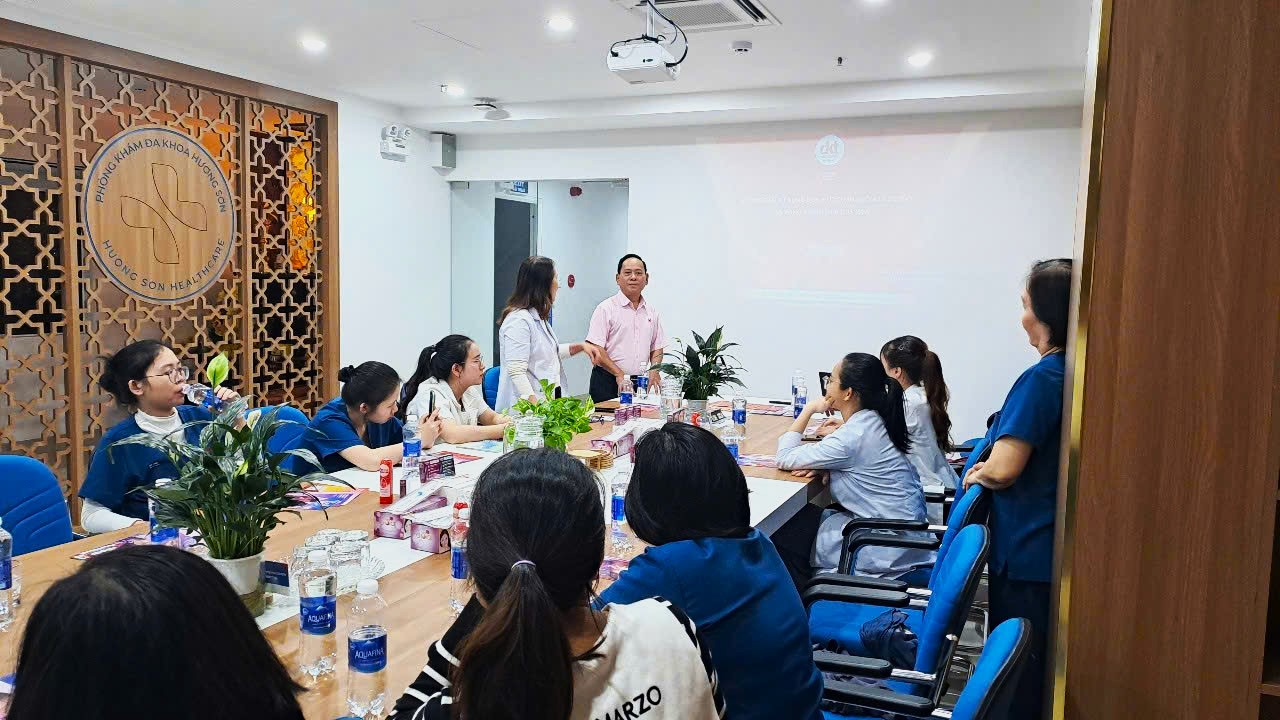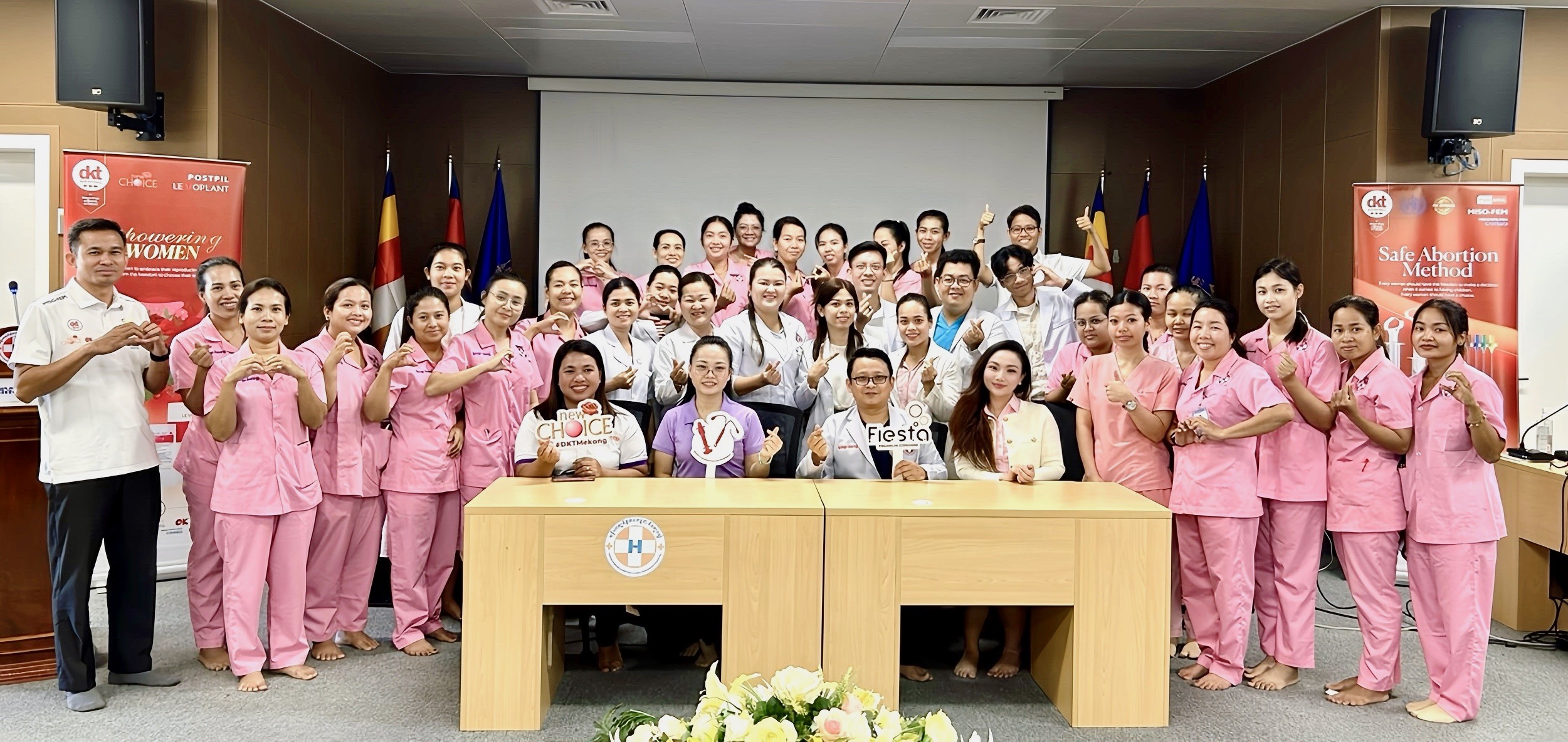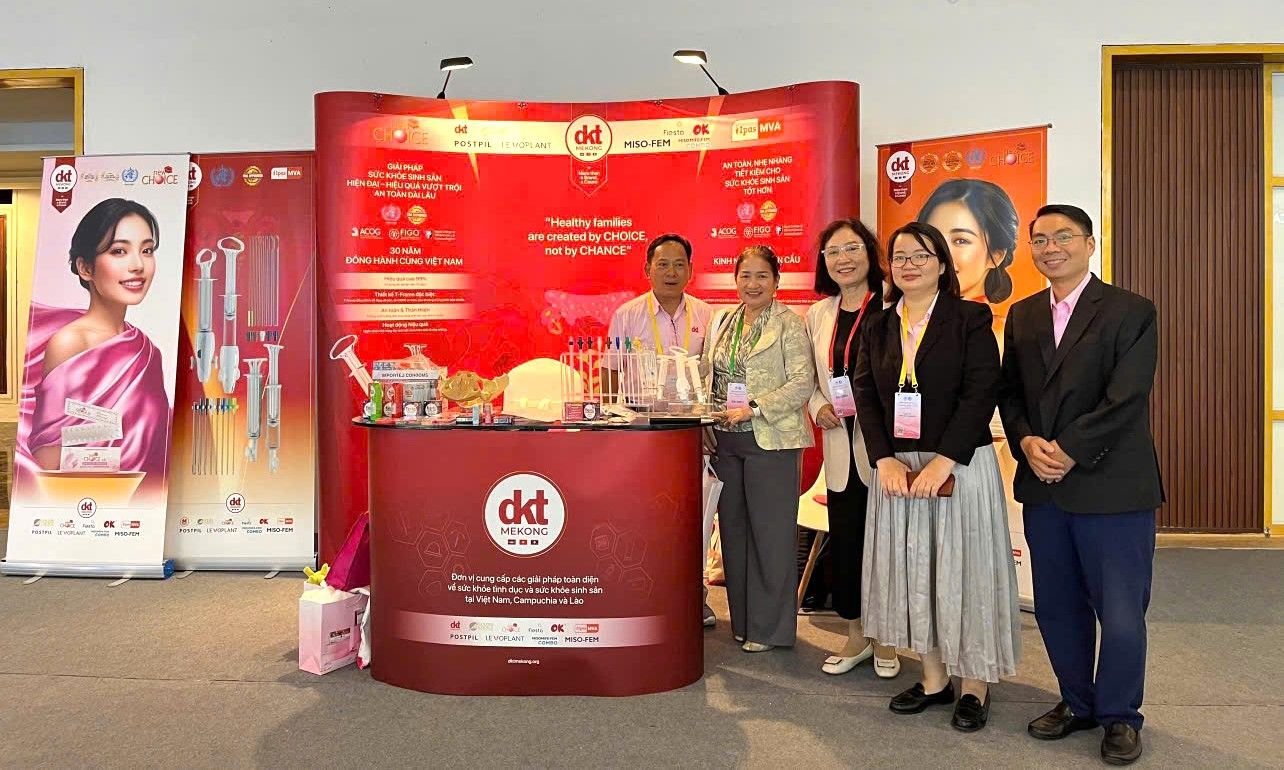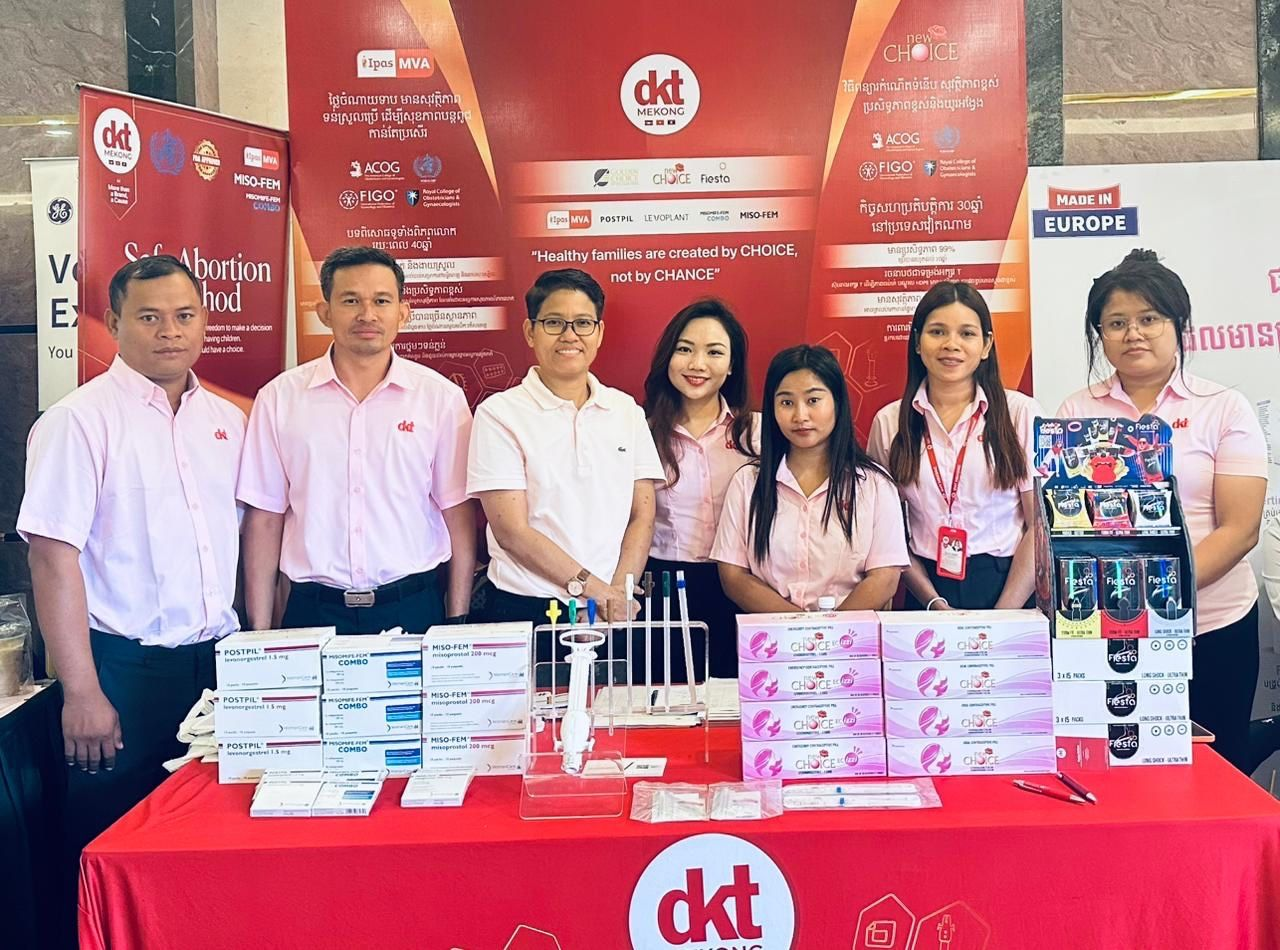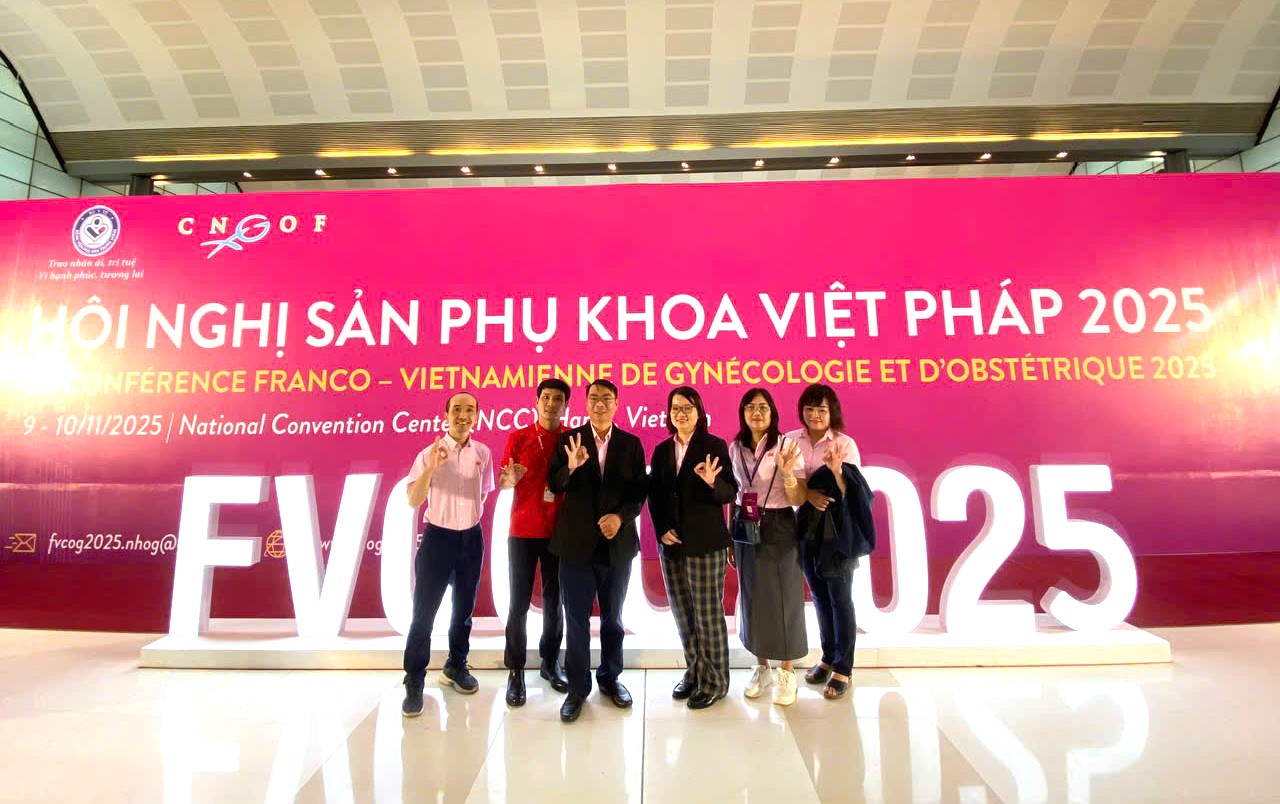Emergency Contraception: Experts Discuss Mechanisms and Effective Application
On May 24, the Ho Chi Minh City Obstetrics and Gynecology Association, in collaboration with DKT International, Inc. and strategic partner The Golden Choice Company Limited (DKT Mekong), hosted a scientific seminar and training session on the topic “Emergency Contraception: Current Situation and Implementation Solutions.”
The event took place in person at Hung Vuong Hospital and was livestreamed on the newChoice Vietnam fanpage. It attracted over 200 doctors, pharmacists, and healthcare professionals onsite, along with nearly 1,000 online viewers.
The seminar was chaired by Assoc. Prof. Dr. Vu Thi Nhung, President of the Ho Chi Minh City Obstetrics and Gynecology Association, and featured top experts in obstetrics and gynecology as keynote speakers.
Emergency contraception plays a crucial role in reducing unintended pregnancies, especially in situations involving unprotected intercourse or contraceptive failure. However, experts pointed out that its use in Vietnam remains limited due to misinformation, societal stigma, and potential misuse.
Prof. Dr. Nguyen Duy Tai, former Head of the Department of Obstetrics and Gynecology at the University of Medicine and Pharmacy in Ho Chi Minh City, emphasized that while emergency contraceptive methods are fairly common, correct usage is often based on word-of-mouth rather than scientific evidence. He regarded the seminar as a valuable opportunity to provide a comprehensive understanding of the mechanisms and proper application of emergency contraception to enhance its effectiveness.
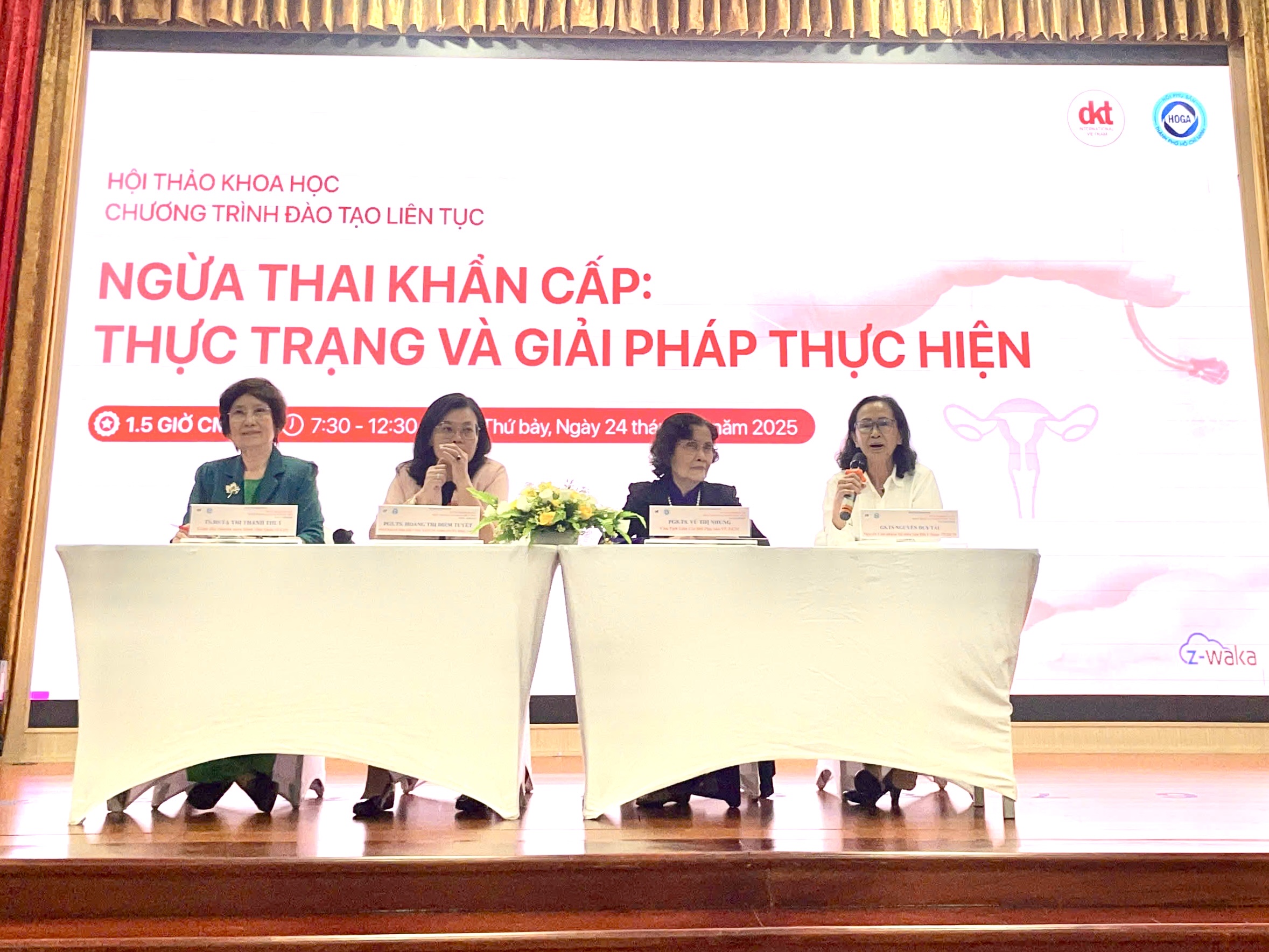
The scientific seminar featured a chairperson and speakers who are leading experts in the healthcare sector.
In-Depth Insights into Emergency Contraceptive Methods and Mechanisms
Dr. Tai provided an overview of two main groups of emergency contraception:
- Non-hormonal methods: such as Copper IUDs (Cu-IUD), which offer over 99% effectiveness when used within 5 days.
- Hormonal methods: including oral emergency contraceptive pills, whose effectiveness significantly depends on the timing of use.
Continuing the program, Assoc. Prof. Dr. Hoang Thi Diem Tuyet, Director of Hung Vuong Hospital, analyzed in greater detail how emergency contraceptive methods work.
She highlighted the use of high-dose Progestin pills, which alter the uterine lining to prevent implantation and thicken cervical mucus to hinder sperm mobility. She emphasized that the direct effect on the endometrium is a key mechanism.
She also addressed the side effects of high-dose Progestin pills, including nausea, vomiting, abnormal bleeding, or unintended pregnancy.
Dr. Tuyet also discussed the Yuzpe regimen, a high-dose combination of estrogen (EE) and Progestin, which affects the implantation window and reduces embryo-endometrial interaction. This method may also cause side effects such as headaches, nausea, dizziness, breast tenderness, or even vascular complications.
She concluded: “Emergency contraception is intended for use after unprotected intercourse or contraceptive failure. However, it is not a routine birth control method and should never be overused.” Her presentation provided valuable guidance for healthcare professionals in their clinical counseling and prescription practices.
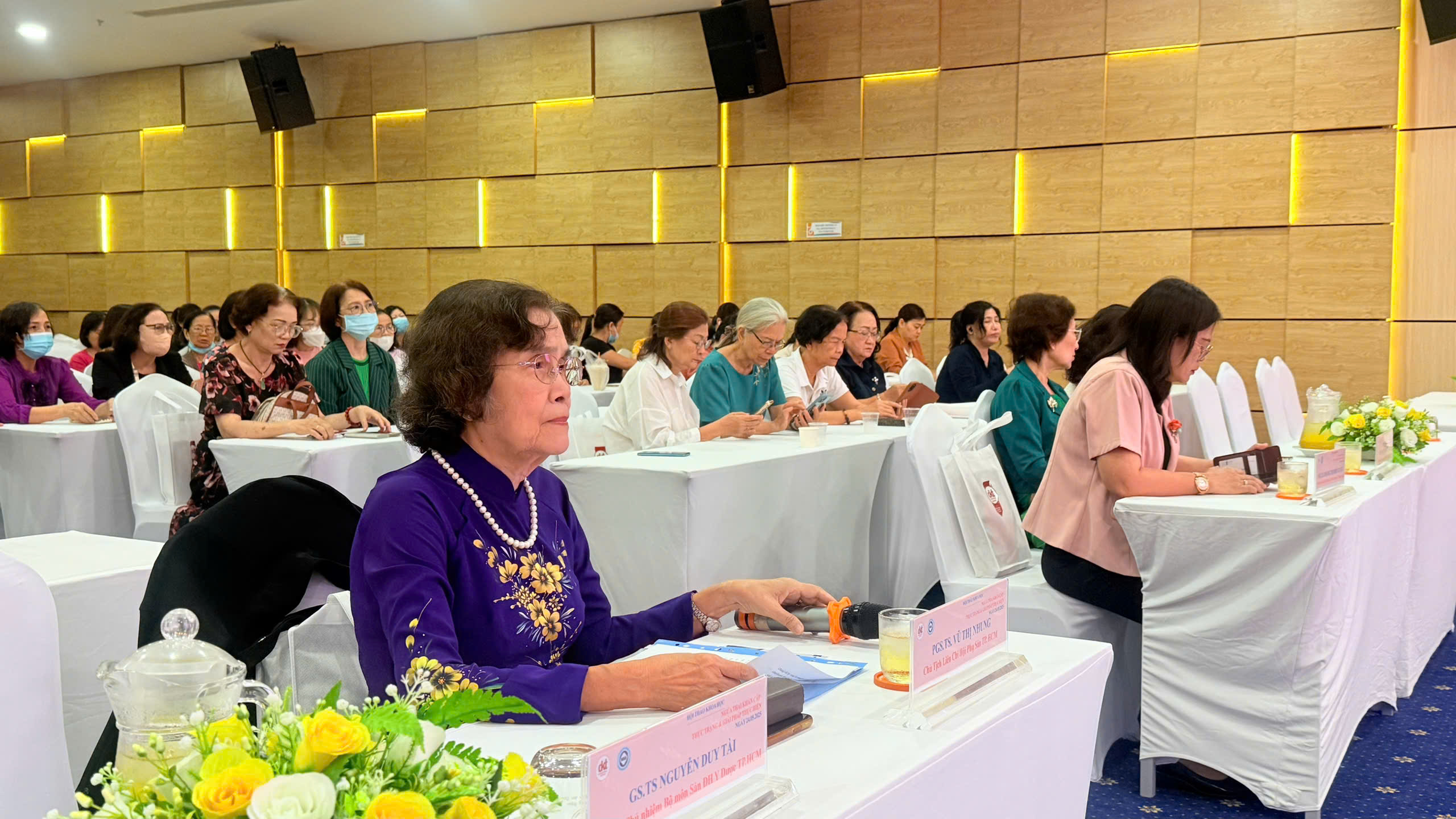
The seminar was chaired by Assoc. Prof. Dr. Vu Thi Nhung, President of the Ho Chi Minh City Obstetrics and Gynecology Association.
Current Usage in Vietnam and the Importance of Raising Awareness
Wrapping up the seminar, Dr. Ta Thi Thanh Thuy, Medical Director and Head of the Obstetrics Department at City International Hospital, presented a comprehensive overview of emergency contraceptive use in Vietnam and globally.
She noted that countries like the US, UK, and France have relatively high usage rates—23%, 20%, and 20%, respectively—while Vietnam lags behind at only 7%.
Dr. Thuy also highlighted challenges specific to Vietnam, such as lack of access to accurate information, societal stigma, and misuse of emergency contraception, especially among young women aged 18 to 25, who currently represent the most common user group.
The seminar concluded with a dynamic Q&A session, during which participating doctors and pharmacists raised practical questions related to optimal timing, managing side effects, and counseling patients on the most suitable methods.
Through this event, healthcare professionals gained updated scientific knowledge and practical tools to better advise their clients and improve reproductive healthcare delivery.
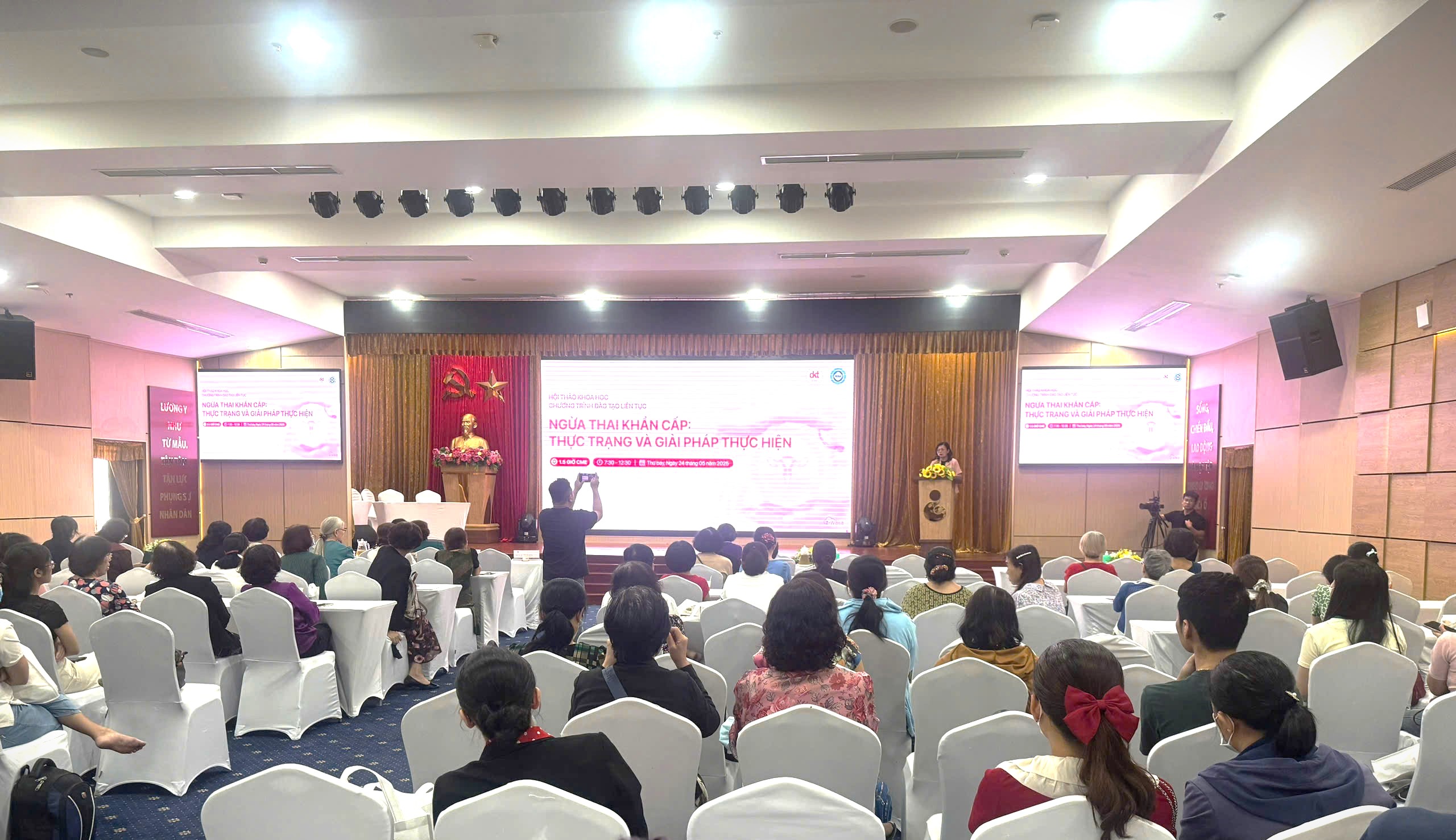
The seminar provided healthcare professionals with valuable and practical scientific knowledge updates.


 Tiếng Việt
Tiếng Việt ພາສາລາວ
ພາສາລາວ ភាសាខ្មែរ
ភាសាខ្មែរ
